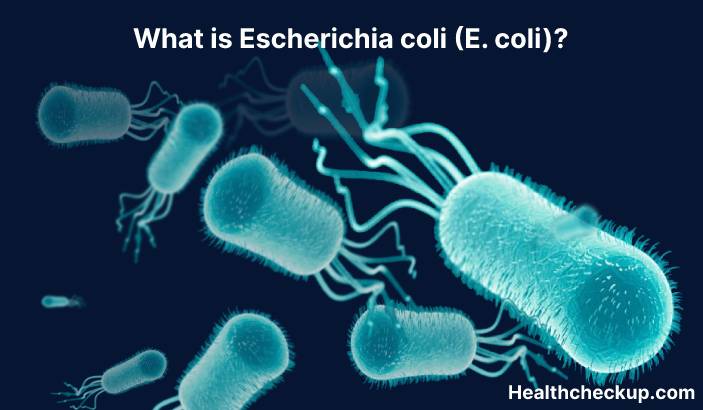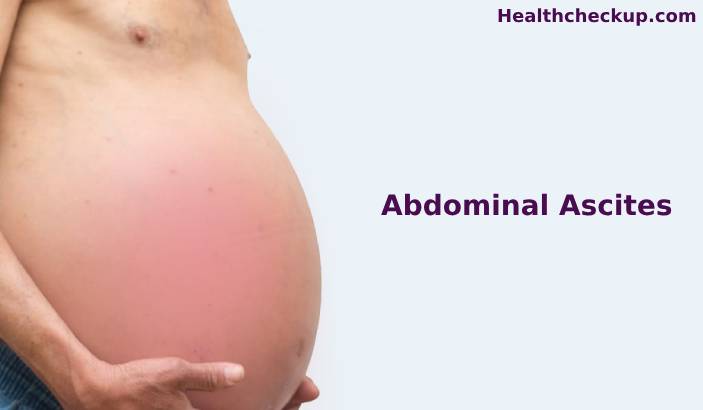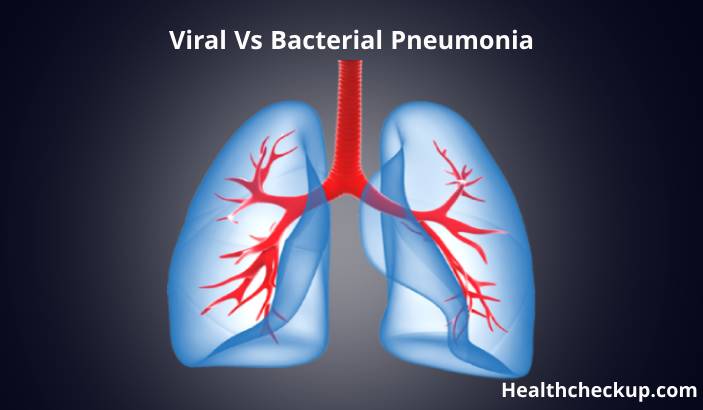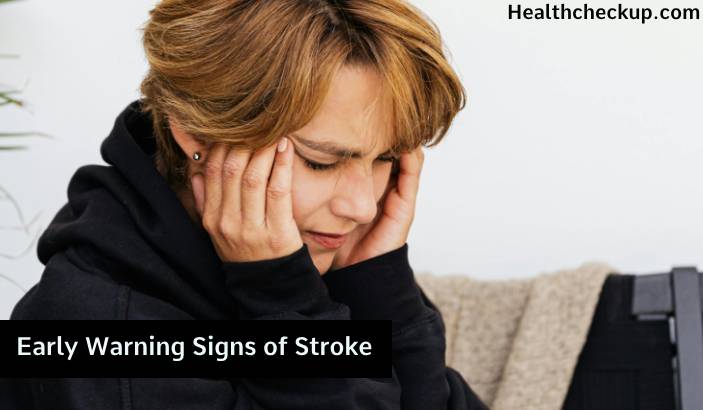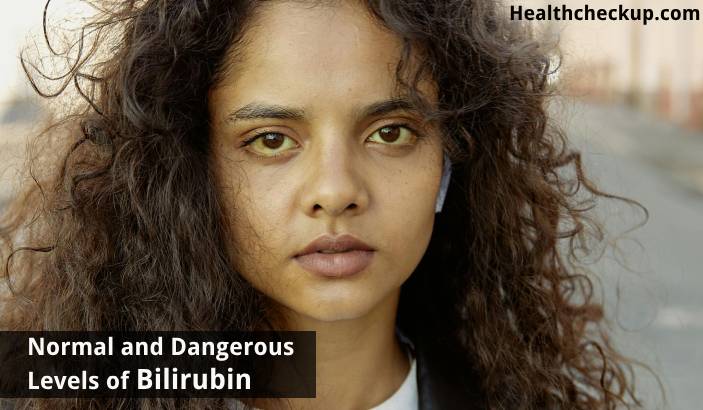Escherichia coli (E. coli) is a type of bacteria that is found in the human digestive system and is typically harmless. However, certain types of E. coli can cause illness, including infections of the urinary tract, respiratory tract, and gastrointestinal tract. E. coli infections are typically transmitted through ingestion of contaminated food or water or through contact with fecal matter. E. coli infections can range from mild to severe and can lead to serious complications, such as kidney failure.
Symptoms of E. coli infection
Symptoms of E. coli infection appear one to ten days after ingestion of contaminated food or water and include:
- Diarrhea
- Abdominal cramps
- Nausea and vomiting
- Fever
In severe cases, E. coli infection leads to complications, such as:
- Hemolytic uremic syndrome (HUS), a condition that affects the kidneys and can lead to kidney failure
- Thrombotic thrombocytopenic purpura (TTP), a condition that affects the blood and can lead to anemia and low platelets
Diagnosis of E. coli infection
E. coli infection is typically diagnosed based on the presence of characteristic symptoms and a history of exposure to contaminated food or water. Laboratory testing, such as a stool culture, is also used to confirm the diagnosis.
Treatment of E. coli infection
Treatment for E. coli infection include medications to manage symptoms, such as antidiarrheal drugs and fluids to prevent dehydration. In severe cases, hospitalization is necessary to provide supportive care, such as dialysis for kidney failure.
Prevention of E. coli infection
There are several steps that can help to reduce the risk of E. coli infection, including:
- Practicing good hygiene: Washing hands with soap and water, particularly after using the bathroom and before preparing food, can help to reduce the risk of infection.
- Cooking food thoroughly: It is important to cook food, particularly meat, thoroughly to kill any bacteria that is present.
- Avoiding raw or undercooked meat: It is important to avoid raw or undercooked meat, as well as unpasteurized milk and cheese, to reduce the risk of E. coli infection.
- Washing fruits and vegetables: It is important to wash fruits and vegetables thoroughly to remove any bacteria that is present.
It is also important to follow guidelines from public health authorities and to seek medical attention if you develop symptoms of an E. coli infection. Early diagnosis and treatment helps to prevent complications.


